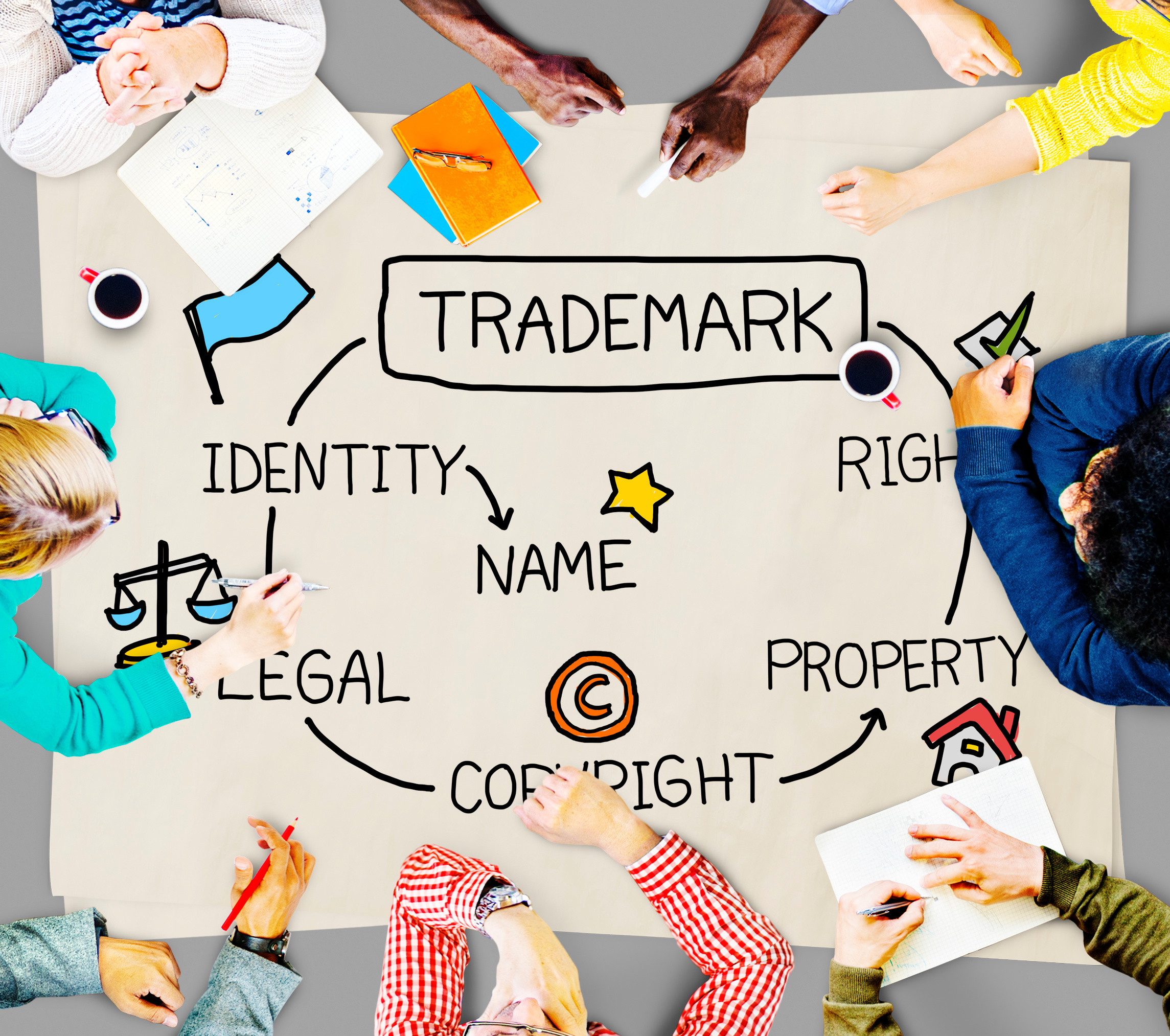Fake Cures.
It’s been nearly a year now since the first COVID-19 case made its way to American shores. Since then, scientists and health officials have been studying the virus relentlessly, learning how it affects people, how it spreads, and what remedies can help ease the symptoms of those unlucky enough to catch it.
Unfortunately, people selling everything from tanning beds to vitamins have begun advertising their wares as COVID-19 preventatives or cures without the support of science. These scammers are current-day snake oil salesmen, making wild and unsubstantiated claims about their products in hopes of profiting from unsuspecting consumers. It’s easy to fall for these claims, especially since we’re all getting tired of wearing masks and social distancing.
FTC Consumer Watchdog.
The Federal Trade Commission (FTC) exists to help prevent these kinds of scams. They’ve sent hundreds of warning letters asking companies to stop their deceptive marketing schemes related to COVID-19.
Prevention is the Best Medicine.
Staying healthy is at the top of my priority list, and I’m sure it tops yours as well. It can be tempting to think that a simple product could keep us from getting this virus. But before you buy into these claims, do a little bit of research to make sure you’re really getting what the advertisements claim.
- Talk to your doctor – It’s a good idea to talk to your doctor before starting any new regimen, whether it’s taking vitamins or getting more exercise. Your doctor should be up to date on the latest preventative and treatment information and can help you understand what these treatments may or may not be able to help you with.
- Ask for proof – Before making a claim that something can cure or treat COVID-19, companies must have proof that it is true. Ask for specific information such as what studies have been done to support the claim being made in their advertising. If they don’t have any proof it’s a good sign that their claim isn’t true.
- Check the FDA’s website – The FDA has a resource page just for information about COVID-19 treatment and preventative. In particular, one section of this webpage lists common scams including false medical testing, fraudulent products, and dangerous claims.
- Check the FTC’s website – The FTC hasn’t caught every scammer, but on their website, they have a list of the warning letters they’ve sent. Check to see if the company you’re considering buying from is on the list. Even if they aren’t on the list they could still be fraudulent, but checking the list is a good starting point.
- Check the CDC’s website – The CDC’s website is up to date with information ranging from the virus itself to treatment and preparation for an outbreak. Their website includes a list of things you can do to prevent COVID-19 and actions you can take to keep yourself and your family safe.
- Sign up for FTC’s Consumer Alerts – The FTC notifies consumers about new COVID-19 scams. To stay in the loop, sign up for their consumer email alerts.
There’s no question that staying healthy is more important now than ever. So far, though, there are no magic cures or preventatives for COVID-19. Do your research before putting your trust in false advertising, and remember that if it sounds too good to be true, it probably is! False advertising is no joke, and companies who engage in it can get into serious hot water.
If you have questions about advertising for your own business or want to understand more about false advertising, set up a free consultation with me to discuss your situation.












